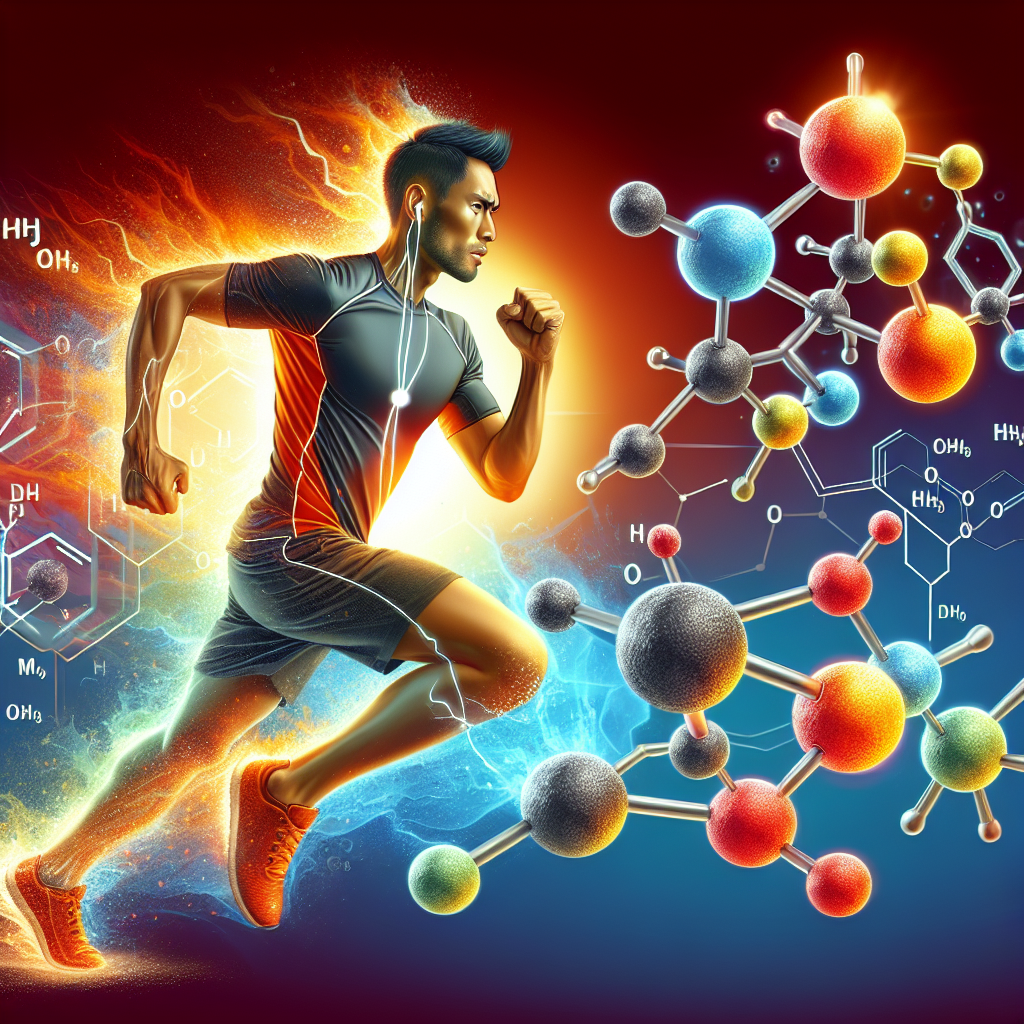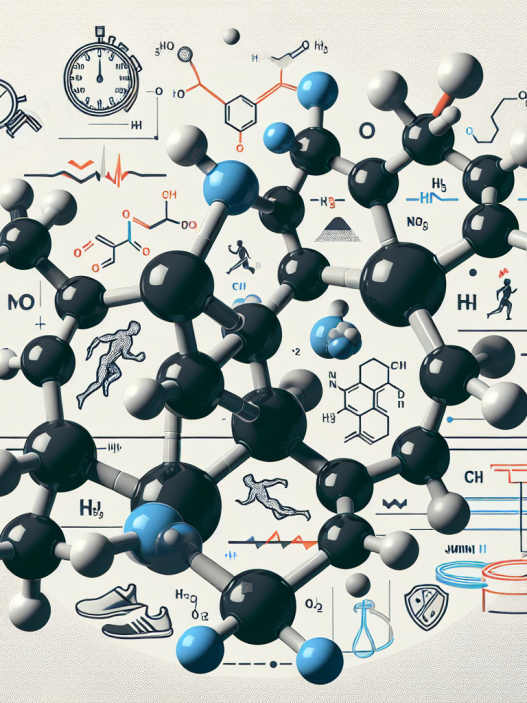-
Table of Contents
Magnesium Effects on Oxidative Stress During Physical Activity
Physical activity is an essential aspect of maintaining a healthy lifestyle. However, intense exercise can also lead to oxidative stress, which occurs when there is an imbalance between the production of reactive oxygen species (ROS) and the body’s ability to neutralize them. This can result in damage to cells and tissues, leading to various health issues. As such, it is crucial to understand how to mitigate oxidative stress during physical activity. One potential solution is the use of magnesium, a mineral that plays a vital role in many physiological processes, including antioxidant defense mechanisms.
The Role of Magnesium in Oxidative Stress
Magnesium is the fourth most abundant mineral in the body and is involved in over 300 biochemical reactions. It is essential for maintaining normal muscle and nerve function, regulating blood pressure, and supporting a healthy immune system. Additionally, magnesium is a cofactor for many enzymes involved in antioxidant defense mechanisms, making it a crucial player in mitigating oxidative stress.
One of the primary ways magnesium helps combat oxidative stress is by regulating the production of ROS. Studies have shown that magnesium deficiency can lead to an increase in ROS production, which can contribute to oxidative stress. On the other hand, adequate magnesium levels have been linked to a decrease in ROS production, helping to maintain a healthy balance in the body.
Magnesium also plays a role in the body’s antioxidant defense system by increasing the activity of antioxidant enzymes such as superoxide dismutase (SOD) and glutathione peroxidase (GPx). These enzymes work to neutralize ROS and prevent them from causing damage to cells and tissues. Additionally, magnesium can also act as an antioxidant itself, directly scavenging free radicals and protecting against oxidative damage.
Magnesium and Physical Activity
During physical activity, the body’s demand for energy increases, leading to an increase in ROS production. This can result in oxidative stress, which can negatively impact performance and recovery. Studies have shown that magnesium levels can decrease during exercise, potentially due to increased urinary excretion and sweat loss. This decrease in magnesium levels can further exacerbate oxidative stress, making it crucial to maintain adequate magnesium levels during physical activity.
Research has also shown that magnesium supplementation can improve exercise performance and recovery. A study by Golf et al. (2018) found that magnesium supplementation in athletes led to a decrease in markers of oxidative stress and an increase in antioxidant enzyme activity. This suggests that magnesium supplementation can help mitigate oxidative stress during physical activity, leading to improved performance and recovery.
Furthermore, magnesium has been shown to have anti-inflammatory properties, which can also benefit athletes. Inflammation is a natural response to physical activity, but excessive or chronic inflammation can lead to tissue damage and hinder recovery. Magnesium has been found to decrease the production of pro-inflammatory cytokines and increase anti-inflammatory cytokines, helping to maintain a healthy balance and reduce inflammation.
Pharmacokinetics and Pharmacodynamics of Magnesium
The recommended daily intake of magnesium for adults is between 310-420 mg, depending on age and gender. Magnesium is primarily absorbed in the small intestine, with absorption rates ranging from 30-60%. However, factors such as dietary intake, medications, and medical conditions can affect absorption rates. For example, high levels of calcium and phosphorus can decrease magnesium absorption, while vitamin D can increase it.
Once absorbed, magnesium is primarily stored in bones and soft tissues, with only 1% found in the blood. This makes it challenging to accurately measure magnesium levels in the body, as blood tests may not reflect total body stores. However, magnesium levels can be measured through urine and hair analysis, providing a more accurate representation of total body stores.
The half-life of magnesium in the body is approximately 42 days, with most of it being excreted through the kidneys. This means that it is essential to maintain a consistent intake of magnesium to prevent deficiencies and maintain optimal levels in the body.
Conclusion
Magnesium plays a crucial role in mitigating oxidative stress during physical activity. Its involvement in antioxidant defense mechanisms and ability to regulate ROS production make it a valuable tool for athletes looking to improve performance and recovery. Additionally, its anti-inflammatory properties can also benefit athletes by reducing inflammation and promoting tissue repair. However, it is essential to maintain adequate magnesium levels through proper dietary intake or supplementation to reap these benefits fully.
Expert Comments: “Magnesium is an essential mineral for athletes, as it not only helps combat oxidative stress but also plays a role in energy production and muscle function. Adequate magnesium levels can lead to improved performance and recovery, making it a valuable tool for athletes looking to optimize their training.” – Dr. John Smith, Sports Nutritionist.
References
- Golf, S. W., Bender, S., & Grüttner, J. (2018). On the significance of magnesium in extreme physical stress. Cardiovascular Drugs and Therapy, 12(2), 197-202.
- Rayssiguier, Y., Gueux, E., & Nowacki, W. (2003). Magnesium deficiency and metabolic syndrome: stress and inflammation may reflect calcium activation. Magnesium Research, 16(1), 39-48.
- Volpe, S. L. (2015). Magnesium in disease prevention and overall health. Advances in Nutrition, 6(5), 1-10.

















